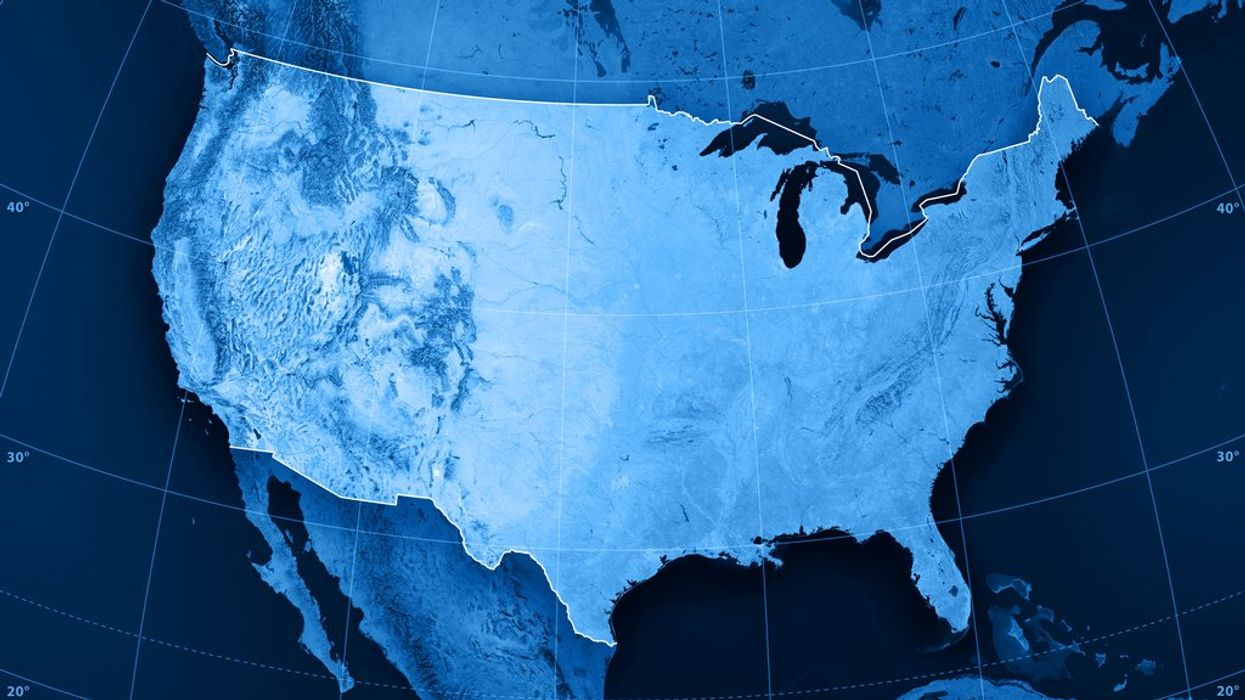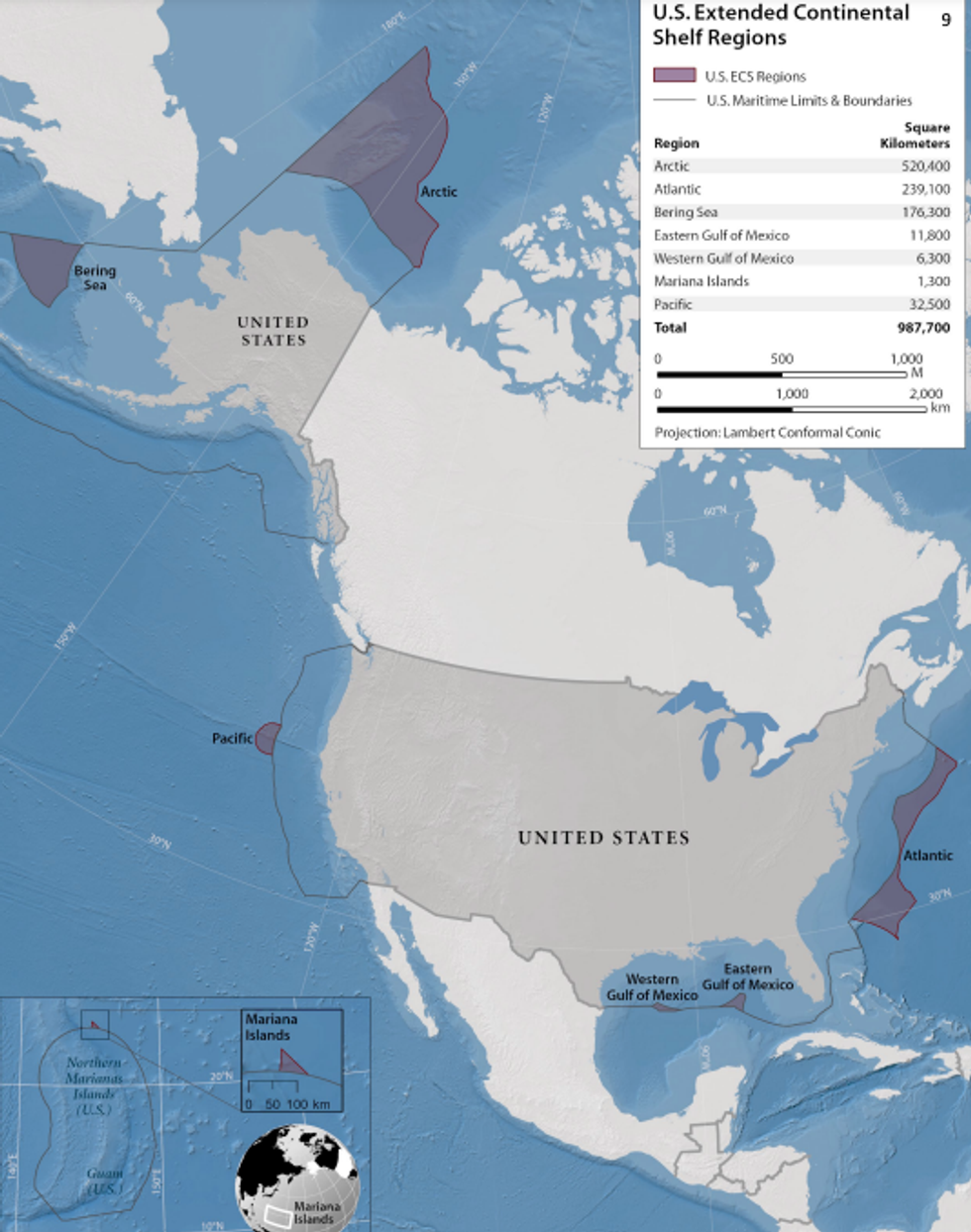Greg Evans
Jan 14, 2024

iStock
Extended Continental Shelves might not sound too familiar to the uninitiated but are very important to countries wishing to define or even expand their international territory, which is what the United States has recently done.
On December 19th, 2023, the US State Department announced new coordinates outlining what they believe their Extended Continental Shelf to be.
The Shelves (or ECS for short) are areas of shallow seabed on the coast of large landmasses and can have a limit of 230 miles from the coasts. By expanding their landmass, countries can therefore exploit any natural resources that may lie in these areas.
IFL Science reports that the United States has followed in the footsteps of 75 other nations by extending their ECS and they didn't just expand it by a bit. The US is claiming ownership of 1 million square kilometers of ECS, which is almost twice the size of Spain.
In total these shelves make up seven areas in the Arctic, Atlantic (east coast), Bering Sea, Pacific (west coast), Mariana Islands, and two areas in the Gulf of Mexico.

In a report published by the Alaska Public Media, former Alaskan lieutenant governor and former chair of the U.S. Arctic Research Commission, Mead Treadwell declared: "America is larger than it was yesterday."
He went on to add: "It’s not quite the Louisiana Purchase. It’s not quite the purchase of Alaska, but the new area of land and subsurface resources under the land controlled by the United States is two Californias larger."
This could expand America's potential in areas such as mining, shipping, fishing and security in the aforementioned locations but it first needs to be approved, which could be tricky.
In a different post for the Wilson Centre, Treadwell explains that the US needs to submit its research and data to the United Nations Convention on Law of the Sea.
However, due to long-standing political disputes, the United States is one of just a handful of nations that are not a part of UNCLOS which could put a spanner in their plans.
Treadwell though is buoyant on the issue adding: "If somebody came back and said, ‘Your science is bad,’ I think the United States would listen. But I don’t think science is bad. I think we’ve had very good science."
Sign up to our new free Indy100 weekly newsletter
Have your say in our news democracy. Click the upvote icon at the top of the page to help raise this article through the indy100 rankings.
Top 100
The Conversation (0)













